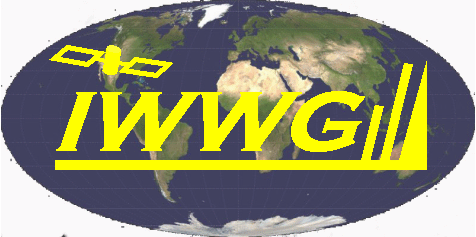AMV Reprocessing Activity for JRA-3Q at MSC/JMA
Long-term homogeneity and high quality observation datasets are essential for climate related issues, but they are not homogeneous practically because the quality of data changes year to year with the improvement of derivation algorithms and development of computer technology. Meteorological Satellite Center of Japan Meteorological Agency (MSC/JMA) creates a homogeneous Atmospheric Motion Vector (AMV) dataset by reprocessing past satellite data using the latest derivation algorithm.
JMA has a long-term reanalysis project called JRA (Japanese ReAnalysis), and completed the Japanese 25-year Reanalysis (JRA-25, 1979 to 2004) and the Japanese 55-year Reanalysis (JRA-55, 1958 to 2012) before. JMA is currently conducting the next long-term reanalysis, Japanese Reanalysis for Three Quarters of a Century (JRA-3Q) and AMVs are reprocessed by MSC/JMA for using as the input data for JRA-3Q. The AMV datasets are produced using the latest derivation algorithm for Himawari-8 from GMS-5 to MTSAT-2 (1995~2015).
This presentation will report the validation results for the reprocessed AMVs for JRA-3Q. The AMVs for JRA-3Q are compared against the both of JRA-55 analysis field values and radiosonde observations, and the AMVs for JRA-3Q are also compared against the ones for JRA-55. Additionally, we will introduce the preliminary results of assimilation experiments using the reprocessed AMVs.






